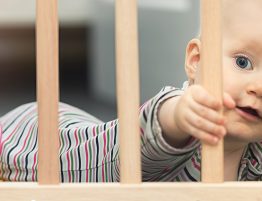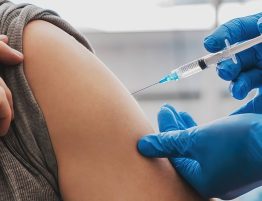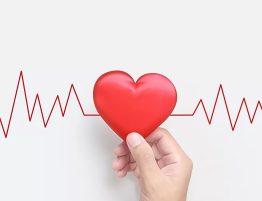
In order not to catch an intestinal infection and viral hepatitis A and E, everyone should know and follow certain rules:
- maintain cleanliness;
- separate raw from cooked;
- fry or boil foods well;
- store food at a safe temperature;
- choose fresh and unspoiled foods.
The causative agents of intestinal infections and viral hepatitis enter the human body through the mouth with contaminated food, water, or with dirty hands.
To avoid infecting others, disinfect the apartment after hospitalization of the patient, following the instructions of a medical professional and observing the following requirements:
- put on easily washable clothing, a headscarf, and rubber gloves;
- boil the patient’s bedding and underwear in a 2% soap solution for 15 minutes from the moment of boiling;
- boil dishes and toys (in a 2% soap solution for 15 minutes) or treat the toys with a 2% soap-soda solution;
- do a wet cleaning of the patient’s room (bed, furniture, window sills, doors, etc.) using household disinfectants, 2% soap and soda or any other cleaning solution;
- disinfect other rooms (rooms, kitchen) in the same way with the windows open;
- last of all, do a wet cleaning of the bathroom and bathroom using detergents and cleaning products;
- After completing the processing, thoroughly wash your gloves, remove your work clothes, place them in a basin and boil; wash your hands, take a shower.
Bedding and clothes of the patient, at the request of relatives, can be disinfected in a disinfection chamber at the territorial center of hygiene and epidemiology for a fee.
If the patient is left at home for treatment, take certain safety measures until he recovers:
- isolate the patient, giving him, if possible, a separate room; if this is not possible, isolate children and limit the patient’s contact as much as possible
with other family members; - monitor the patient’s compliance with doctor’s orders and recommendations to prevent infection of others;
- give the patient separate bed linen, a towel, care and personal hygiene items (toothbrush, washcloth), and the child – toys made from fabrics that are easy to wash and can withstand high temperatures;
- ensure separate collection and storage until washing of dirty linen and the patient’s belongings;
- do not allow the patient to prepare food or wash dishes;
- boil the patient’s dishes and toys after each use for 15 minutes from the moment of boiling in a 2% soap solution (20 g per 1 liter of water) or soak in a disinfectant solution (purchased at a pharmacy) in accordance with the attached instructions for its use;< /li>
- You can disinfect used linen, towels, and handkerchiefs of a patient by: boiling in a 2% soap solution (20 g per 1 liter of water) for 15 minutes from the moment of boiling; washing in an automatic washing machine according to programs for very heavily or heavily soiled laundry, separately from the laundry of other family members; by soaking in a disinfectant solution according to the Instructions for Use;
- keep the premises clean, especially in the kitchen and common areas (outdoor toilet);
- carry out daily routine wet cleaning of premises and furnishings using detergents and cleaning agents;
- for wet cleaning in the patient’s room (bed, furniture, window sills, doors, etc.), washing his dishes, select a separate rag, which should be boiled after each use;
- packages, newspapers, food and other waste used by the patient after cleaning his room in disposable plastic garbage bags and taken out of the apartment as quickly as possible;
- for patient care and cleaning, wear separate, easily washable clothes, a headscarf, preferably rubber gloves;
- observe personal hygiene measures, temporarily stop using bar soap (this applies to all family members);
- wash your hands thoroughly with soap and water after any contact with objects used by the patient (when working with dirty linen, care items and plumbing contaminated with the patient’s secretions, use rubber gloves);
- prevent flies from flying in and hatching.
Know that after recovery of a patient who was treated at home, it is necessary to carry out cleaning and final disinfection as after hospitalization of the patient.
By following these precautions and preventive measures, you can protect yourself and others from acute intestinal infections, as well as viral hepatitis A and E.
State Institution “Brest Regional Center for Hygiene, Epidemiology and Public Health.”








